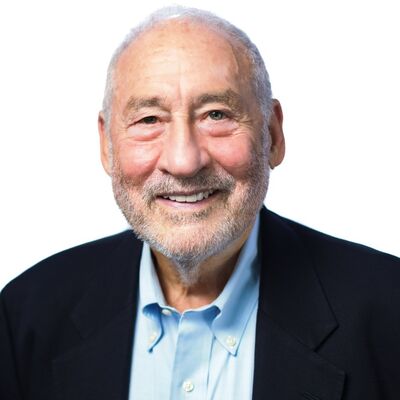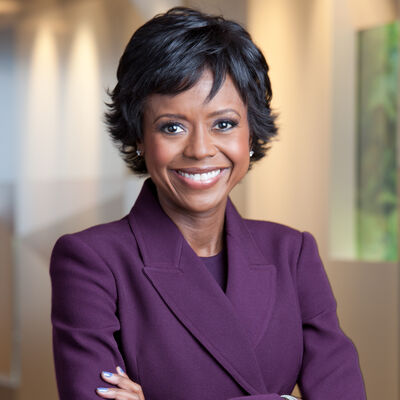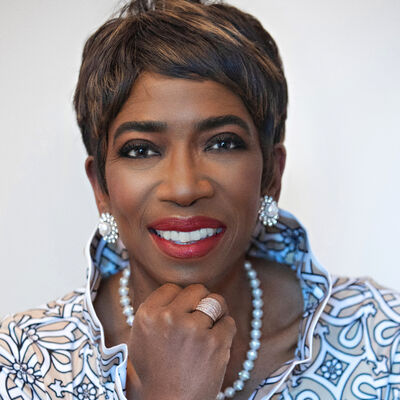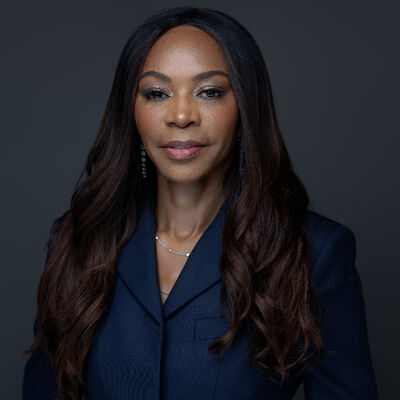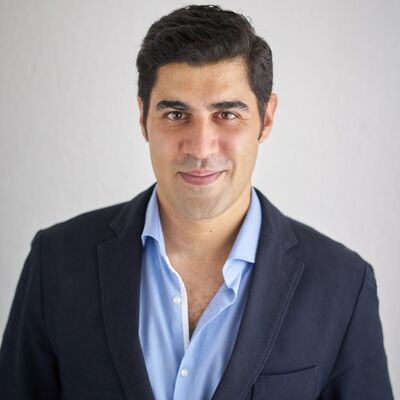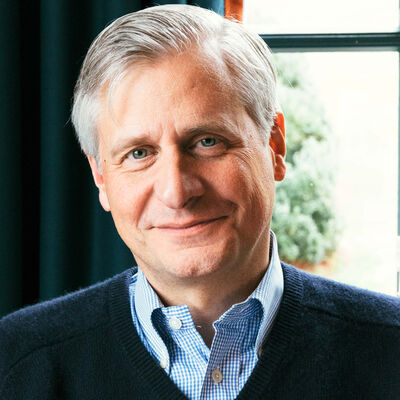Expert on Global Politics & Risk Management; President and Founder, Eurasia Group and GZERO Media
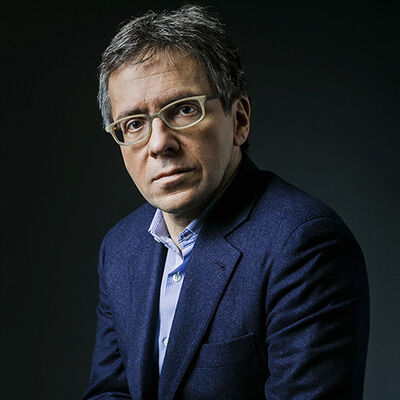
Ian Bremmer: Biography at a Glance
- Ian Bremmer is president and founder of Eurasia Group, the leading global political risk research and consulting firm, entrusted to help business leaders, policymakers, and the general public make sense of the world around them.
- He coined the term “G-Zero,” for a global power vacuum in which no country is willing and able to set the international agenda and launched GZERO Media to provide intelligent and engaging coverage of international affairs.
- Ian is the author of eleven books, including The New York Times bestsellers Us vs. Them: The Failure of Globalism and his latest book, The Power of Crisis: How Three Threats—and Our Response—Will Change the World, which details a trio of looming global crises and outlines their potential to create global prosperity and opportunity.
- Ian serves as rapporteur of the UN High-Level Advisory Body on Artificial Intelligence and is the foreign affairs columnist and editor at large for Time magazine.
- His latest TED Talk, The Next Global Superpower Isn't Who You Think, discusses the role of technology leaders in shaping the future of democracy through algorithms, artificial intelligence, and more.
- He was named a Young Global Leader of the World Economic Forum, where he is the founding chairman of the Global Agenda Council on Geopolitical Risk.
- With broad, deep knowledge of global politics and current affairs—Bremmer succinctly highlights today’s headlines while weaving together geopolitical structural trends and how they impact your audience.
Videos
Biography
Ian Bremmer is a political scientist who helps business leaders, policymakers, and the general public make sense of the world around them.
He is the president and founder of Eurasia Group, the leading geopolitical risk advisory firm, and GZERO Media, providing intelligent and engaging coverage of international affairs. Ian is an independent voice on critical issues around the globe, offering clearheaded insights through speeches, written commentary, and even satirical puppets (really!).
Ian is credited with bringing the craft of political risk to financial markets, creating Wall Street’s first global political risk index (GPRI), and establishing political risk as an academic discipline. His definition of emerging markets—“those countries where politics matters at least as much as economics for market outcomes”—has become an industry standard. “G-Zero,” his term for a global power vacuum in which no country is willing and able to set the international agenda, is widely used by policymakers and thought leaders.
A prolific writer, Ian is the author of eleven books, including The New York Times bestsellers Us vs. Them: The Failure of Globalism, which examines the rise of populism across the world, and his latest book, The Power of Crisis: How Three Threats—and Our Response—Will Change the World, which details a trio of looming global crises (health emergencies, climate change, and technological revolution) and outlines their potential to create global prosperity and opportunity.
Ian serves as rapporteur of the UN High-Level Advisory Body on Artificial Intelligence and is the foreign affairs columnist and editor at large for Time magazine. He is the host of GZERO World with Ian Bremmer, a global affairs program that airs weekly on US public television. Ian is also a frequent guest on CNN, Fox News, MSNBC, and many other news outlets globally.
Ian earned a master’s degree and a doctorate in political science from Stanford University, where he went on to become the youngest-ever national fellow at the Hoover Institution. He received his bachelor’s degree in international relations from Tulane University. He currently teaches at Columbia University’s School of International and Public Affairs and previously was a professor at New York University.
Ian established Eurasia Group with just $25,000 in 1998. Today, the company has offices in New York, Washington DC, San Francisco, London, Tokyo, Singapore, São Paulo, and Brasilia, as well as a network of experts and resources in 90 countries.
He lives in New York City with his wife Ann and their wily Norfolk Terrier, Moose.
Topics
What comes after the G-Zero world order?
Today, it’s not governments but the world’s powerhouse tech companies that set the rules in the digital world. They, not our elected leaders, decide how you and I share ideas and information. They have extraordinary real-time, real-world power. How will the technology titans use that power?
They will transform the ways we work, think, learn, play, and live. We will have longer, healthier and more productive lives that would dazzle those who lived only in a dial-up world. But these same tech companies will also decide the world’s balance of military power, create new trade and investment patterns, and decide the outcome of our race to save the planet from a human-created climate catastrophe.
Ian Bremmer will argue that the tech titans will determine the next world order – and whether we have a brighter future or a world without freedom.
To navigate globalization, every business decision-maker weighs economic variables when considering overseas investments or market exposure. But to spot crucial opportunities and manage risk, they must also understand the political factors and trends changing our world in real-time. Whether it's increasingly contentious relations between China and the United States, the war in Ukraine, a more complex regulatory environment in Europe, a newly global focus from India, surges of populism in Latin America, heightened competition in Africa, or dozens of other politically driven trends, political analyst and entrepreneur Ian Bremmer will detail how political risk is creating new sets of business winners and losers.
At this presentation audiences will learn:
- How to spot political risk on the horizon and balance it against economic opportunities
- How to understand the opportunities, and dangers, of multilayered relations between Washington and Beijing
- How to identify the broader trends remaking tomorrow's global balance of power
- How to process the technological changes now transforming geopolitics
For the past 15 years, the post-Cold War global order has been breaking down, leaving us to respond to a series of crises with both political, market, and business implications. Ian Bremmer explains that geopolitics has entered a bust cycle. The world’s most powerful country— the United States — has become the most politically dysfunctional rich-world country. The world's most important bilateral relationship — US-China —is deteriorating more quickly than leaders can build new guardrails. Today's global institutions no longer reflect the world's true balance of power. The result: a growing vacuum of leadership and cross-border coordination. This geopolitical recession will continue to limit our ability to respond to crises like the pandemic, the Russia-Ukraine war, climate change, and the emergence of disruptive new technologies.
Ian will share ideas and insights to help policymakers and business decisionmakers navigate a world in accelerating transition.
In a G-Zero world, one without strong and sustainable international leadership, Ian Bremmer argues we are unprepared for a trio of looming crises—future global health emergencies, transformative climate change, and the next technological revolution. Ian discusses the geopolitics of...
- War in Ukraine: How will Russia's challenge to the existing international system and China's ongoing effort to find the most profitable role to play in ending it shape the next security order and the future of the global economy?
- Climate change: What risks will it create for political and business decision-makers in years to come, and what lessons can it teach us about the future of international cooperation?
- Tech: Ian assesses the growing risks of AI, quantum computing, cyberwarfare, and their impact on the future of government, trade, and the international system.
